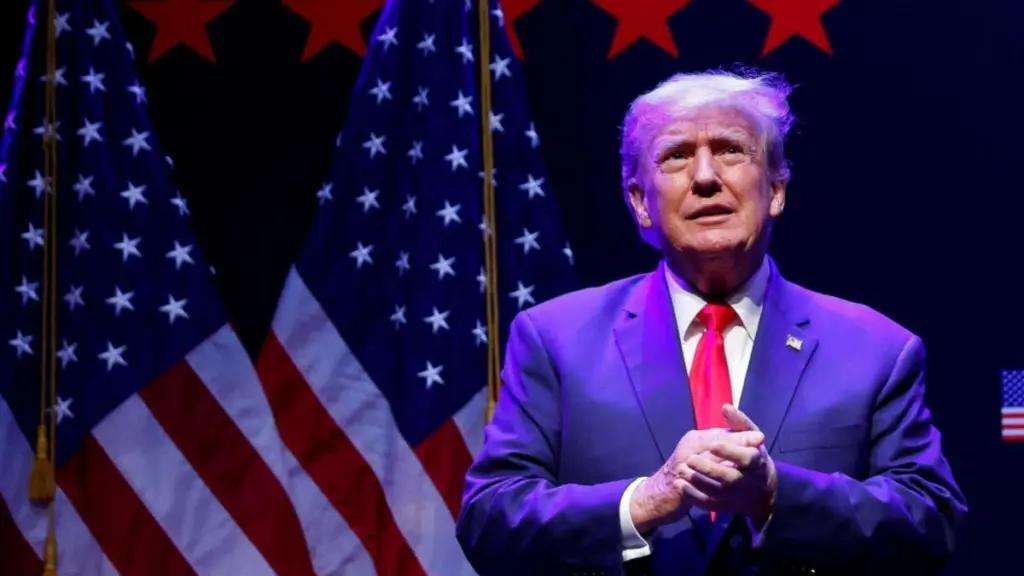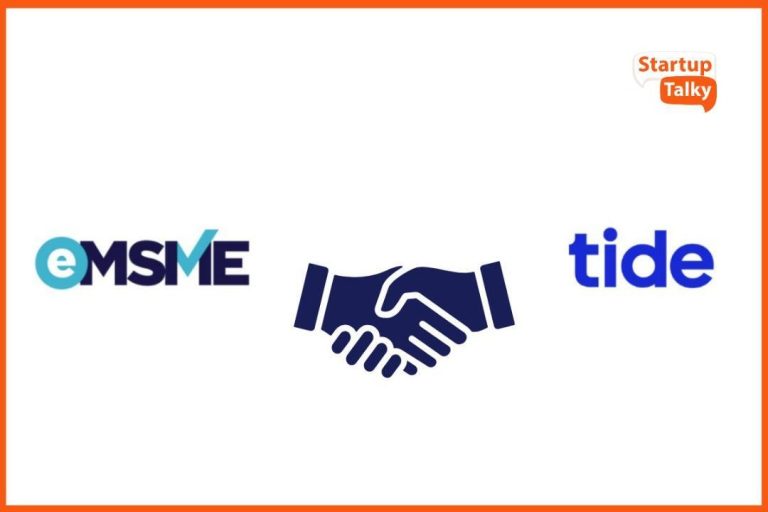
Donald Trump Exempts Smartphones & Computers from Reciprocal Tariffs
In a move that has sent shockwaves through the tech industry, United States President Donald Trump has exempted smartphones, computers, and other electronic items from the reciprocal tariffs imposed on Chinese goods. This decision comes amid concerns by tech giants, including Apple, that gadget prices may rise due to Trump’s tariffs, as many of them are manufactured in China.
The exemption was announced in a Customs and Border Patrol notice, which stated that the tariffs will not apply to certain electronic items, including smartphones, computers, televisions, and other electronic devices. This means that companies like Apple, Samsung, and Huawei will not have to pay the 125% tariffs imposed on Chinese goods, including electronics.
The decision to exempt electronic items from the tariffs is seen as a major victory for the tech industry, which had been lobbying hard against the tariffs. Tech companies had argued that the tariffs would lead to higher prices for consumers, and would also hurt American companies that rely on Chinese components and manufacturing.
The exemption is seen as a significant concession by the Trump administration, which had been under pressure to reconsider the tariffs. The tariffs were imposed in response to China’s alleged theft of American intellectual property and forced technology transfers. However, the tech industry had argued that the tariffs would not address these issues, and would instead harm American consumers and companies.
The exemption is limited to certain electronic items, and does not apply to all Chinese goods. The tariffs will still apply to other Chinese goods, including textiles, furniture, and home appliances. The exemption is also subject to certain conditions, including that the goods must be manufactured in China and that they must meet certain technical standards.
The decision to exempt electronic items from the tariffs has been welcomed by the tech industry, which had been struggling to adjust to the tariffs. Apple, for example, had warned that the tariffs would lead to higher prices for its products, and would also hurt its ability to compete in the global market.
“Apple strongly believes that tariffs are not the best way to achieve a positive trade policy, and we are pleased that the administration has taken a more nuanced approach,” an Apple spokesperson said in a statement.
Samsung also welcomed the decision, saying that it would help to reduce the impact of the tariffs on its business. “We are pleased that the administration has recognized the importance of the electronics industry and has taken steps to mitigate the impact of the tariffs,” a Samsung spokesperson said.
The decision to exempt electronic items from the tariffs is also seen as a significant win for the American consumers, who had been worried about the impact of the tariffs on the prices of their favorite gadgets. The tariffs had been expected to lead to higher prices for electronics, including smartphones, laptops, and tablets.
The exemption is also seen as a sign that the Trump administration is willing to listen to the concerns of the tech industry and to take a more nuanced approach to trade policy. The decision is seen as a step in the right direction, and it is hoped that it will lead to further concessions and a more constructive approach to trade negotiations.
In conclusion, the decision to exempt smartphones, computers, and other electronic items from the reciprocal tariffs is a significant victory for the tech industry, and is seen as a major concession by the Trump administration. The exemption is expected to reduce the impact of the tariffs on the prices of electronic goods, and is seen as a positive step towards a more constructive approach to trade policy.





